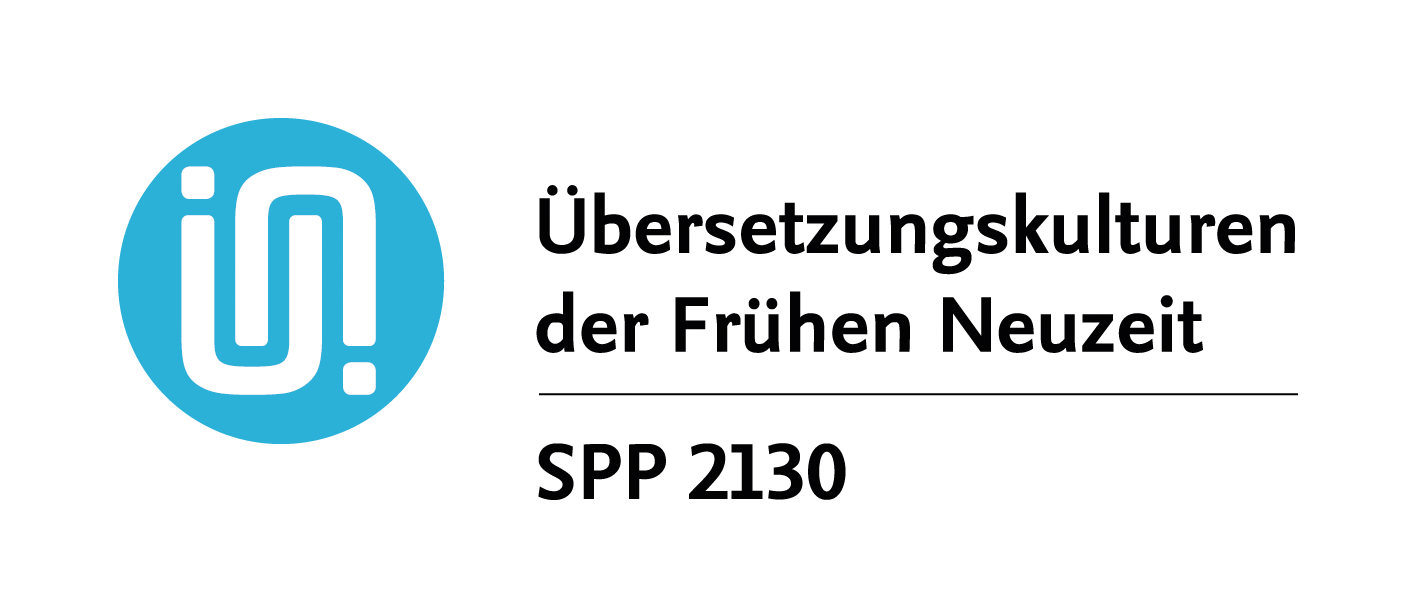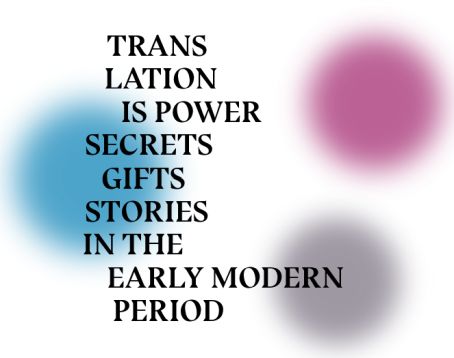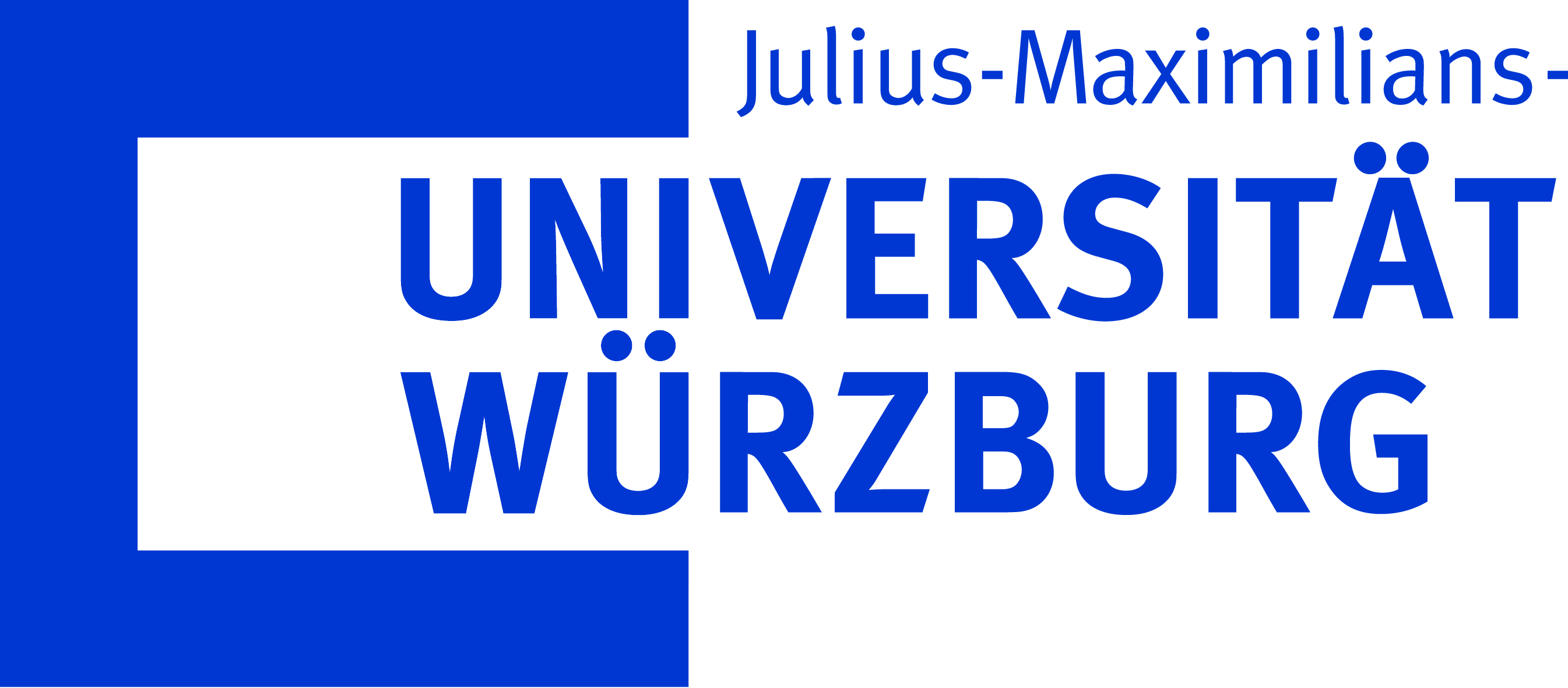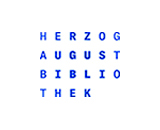Calender
-
Thu12Jan20236:30 pmonline
Dr. Alexandra Lianeri (Thessaloniki): Translating Ancient (Border-) Concepts: Explorations of Historical Understanding in a Thick Present
-
Thu02Feb2023
-
Wed08Feb2023Würzburg
In February, scholars of various disciplines and nationalities come together in Würzburg to discuss their projects and research in the area of Early Modern translations of classical texts. Persons engaged in research in the fields of classical, German and Romance philology present their approaches, projects, and results: Malika Bastin-Hammou, Alexia Dedieu, and Louisa Laj of the Université Grenoble introduce their research on translations of Greek dramas as well as [read more…]
-
Mon13Feb2023Thu16Feb2023Frankfurt am Main
Missionizing is widely perceived as a form of oppressive power-relations: one side is active and hegemonic, while the other is either passive and submissive or entirely oppositional. This all-too-tidy understanding of the relationship between Christian missionaries and their religious others dovetails with the scholarly tendency to adopt a one-dimensional approach, focusing almost exclusively on Christian attitudes towards the objects of their missionary endeavours. [read more…]
-
Thu23Feb2023Fri24Feb2023Erlangen-Nürnberg
The second skin - this is a paraphrase for clothing that illustrates that textiles can provide a shell that protects the body, keeps it warm and shields it from external influences. In addition, clothing often becomes a visual element of self-dramatization, when the dressed person communicates information about his or her self-image through the form, style, color and cuttings of the outfit. [read more…]
-
Thu13Apr2023Sat15Apr2023Tübingen
Anja Wolkenhauer and Julia Heideklang invite: “Based on our research in context of the DFG project Versio Latina, we aim to decidedly change our perspective and to focus particularly on early modern Latin translations, looking, as Peter Burke once articulated ‚into the wrong direction‘ (Burke 2007). What are their functions? Who translated and for what kind of readership; which expectations were placed on these translations by translators, editors, and printer-publishers? Were they successful, reprinted or overruled by rival products, or was their efficiency augmented by being intermediary versions for translations into other languages? [read more…]
-
Thu04May20236:30 pmonline
In the first Digital Discussion of the summer semester 2023, Dr. Marília Jöhnk (Frankfurt) is our guest and gives the lecture "Gender and Translation in the Spanish Enlightenment". Those interested can register with Annkathrin Koppers (spp2130@uni-wuerzburg.de).
-
Thu01Jun2023Fri02Jun2023JGU Mainz/Germersheim
In her workshop, SPP 2130 Mercator Fellow Dr Yen-Mai Tran-Gervat (Sorbonne Nouvelle, Paris) takes comparisons between modern European translation histories and projects as her point of departure for a closer look at fundamental methodological problems – first and foremost structuring decisions. While the Historia de la traducción en España (2004) is structured according to Spain’s three major regional languages (Catalonian, Galician and Basque) and the Oxford History of Literary Translation in English (2005–2010) by source language, [read more…]
-
Thu01Jun20236:30 pmonline
Dr. Hephzibah Israel: Archival dea(r)th: tracing the afterlives of translation memory
-
Wed21Jun2023FU Berlin & online
As part of the lecture series “The Invention of the Modern Religious Bookshelf: Canons, Concepts and Communities“ at the Cluster of Excellence 2020 "Temporal Communities: Doing Literature in a Global Perspective" Katja Triplett (Leipzig / Marburg) gives a lecture: While its narrative plot of the Barlaam and Josaphat legend remained relatively stable throughout centuries of linguistic translation outside of Buddhist India, knowledge of its Buddhist origin became lost in Christian Europe. [read more…]
-
Thu06Jul2023
-
Wed13Sep2023Fri15Sep2023Würzburg
Fifth annual conference of the SPP 2130 ‘Early Modern Translation Cultures’
Translators are not bodyless and historyless beings. They inscribe themselves and their own subjective understandings as well as culturally dominant social and sexual norms into their translations, which they moreover gear towards specific target groups consisting of persons with certain identity markers. The philological utopia of a ‘faithful’ translation – that is, the reproduction of the source text without deviation in meaning – long distorted our perception of the hierarchizing and gender-normalizing practices of translation. This went hand in hand with the marginalization of translators, whose work, if it was perceived at all, was belittled as secondary, receptive, and passive. [read more…] -
Thu14Sep2023Würzburg, Burkadushaus
Fifth annual conference of the SPP 2130 ‘Early Modern Translation Cultures’
The official programme of the SPP 2130’s annual conference ‘Gender and Diversity in Early Modern Translation Cultures’, can be found attached, or along with all the latest information on our website. We would like to draw special attention to Thursday evening, when a panel discussion will be held, targeting both the conference participants as well as the interested public: [read more…] -
Thu12Oct2023Sat14Oct2023Regensburg
Geographical and anthropological knowledge of both Europe and the non-European world was of particular importance in the long 18th century. Beyond the Enlightenment’s general interest in knowledge, this has to be viewed against the background of political, colonial and trade interests on the one hand, and, on the other hand, with regard to the importance that non-European cultures had for philosophical reflection on the world’s order and on one’s own, European societies. [read more…]
-
Mon16Oct2023Wed18Oct2023Würzburg
SPP 2130 Mercator fellow Álvaro Bragança (UFRJ) offers a workshop for advanced undergraduate and graduate students at the University of Würzburg: [read more…]
-
Thu26Oct20237:00 pmonline
Dr. Josefine Kitzbichler (Berlin-Brandenburgische Akademie der Wissenschaften): Übersetzungsmetaphern als Prototheorie? Beobachtungen zum Lukian-Übersetzer Christoph Martin Wieland. [read more…]
-
Thu02Nov20236:30 pmonline
Gudrun Bamberger: Martin Opitz̕ Zugang zu Europa – Übersetzung als Schlüssel zu sprachlicher Perfektion moderated by Dirk Werle [read more…]
-
Thu09Nov20237:00 pmonline
Luca Beltramini (Venezia/Göttingen): „A labyrinthine maze from which there was no escaping“: Lexiphanes’ language and how to get out of it. [read more…]
-
Sat11Nov2023
In November, the Institut für deutsche Philologie at the Julius-Maximilians-Universität Würzburg celebrated its 150th anniversary in befittingly dignified and colourful manner with a festive ceremony and an open house. [read more…]
-
Tue14Nov2023Wed15Nov2023German Historical Institute Paris
The early modern period was a time of burgeoning diplomatic activity on the European continent characterized by the spread of resident diplomacy and the appearance of peace congresses. Linguistic practices were changing dramatically as well, including Latin, German and Italian progressively overshadowed by French as a pan-European medium of diplomacy. [read more…]
-
Thu23Nov2023Sat25Nov2023Frankfurt a. M.
“The work of translation, which is a central component of intercultural exchange and international knowledge circulation, is commonly regarded as a lonely business. Recently, however, work has been done on many levels to strengthen the exchange among translators. [read more…]
-
Thu23Nov20237:00 pmonline
Tommaso Graiff (Leipzig): Boethius und Zarlino: Zur Rezeption des Traktats de institutione musica in den musiktheoretischen Schriften des 16. Jahrhunderts in Italien. [read more…]
-
Thu07Dec20236:30 pmonline
Antje Flüchter, Birgit Emich, Rebekka Voß: The Christian Mission and the Religious Other: Multidirectional Perspectives in the Long Early Modern Period
-
Thu07Dec20237:00 pmonline
Dr. Michele Solitario (Tübingen): Philologische Überlegungen zu Lukians Dialogi mortuorum. [read more…]
-
Tue12Dec20237:00 pmonline
Prof. Dr. Heinz-Günther Nesselrath (Göttingen): Editorische Fragen und Probleme in Lukians Charon. [read more…]
-
Thu14Dec20236:15 pmEichstätt & online
Event of the Winter Lecture Series of the Catholic University of Eichstätt
Hans-Jürgen Lüsebrink (Universität des Saarlandes): Afrikanische Literaturen und Kulturen in Europa. Kulturtransfer und FremdVerstehen zwischen Exotismus und postkolonialer Wortergreifung (18.-21. Jahrhundert) [read more…]




